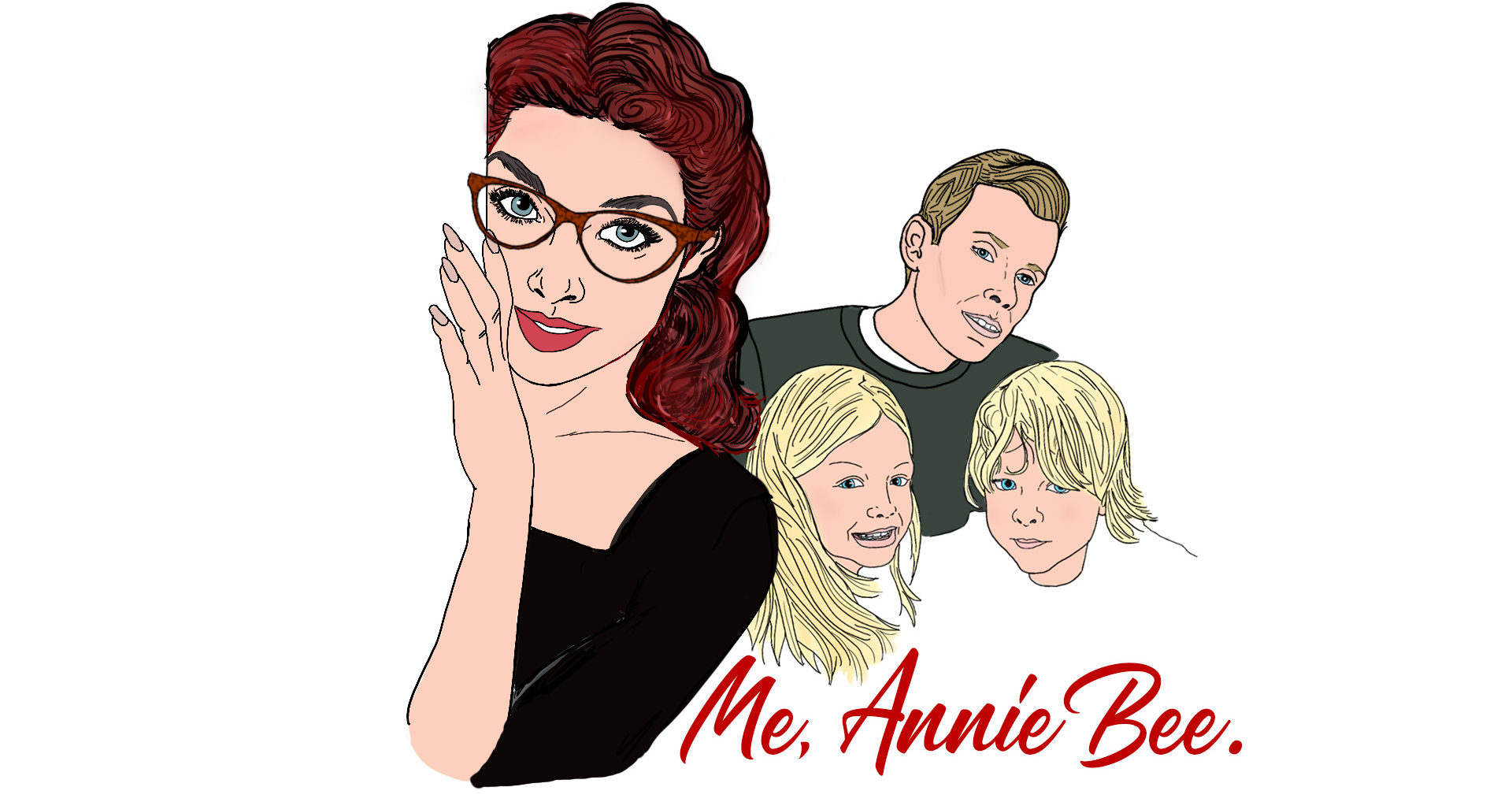5 Ways to Help Your Kindergartener Make Friends at School
Starting school provides one of the first opportunities for a child to engage with the world beyond their immediate family. Not only will they be spending a significant part of their day outside the home, but they’ll also be meeting and interacting at length with teachers, peers, and other new people. While some children take to these new social situations naturally and enthusiastically, other kids may have a harder time making friends.
Of course, not every person needs to be a social butterfly, as some people prefer to have just a few close friends instead of having huge social circles. And yes, these different values, preferences, and socializing styles can manifest as early as childhood. That said, healthy social interaction is a must for anyone’s well-being. Making healthy friendships teaches your child empathy, communication, teamwork, and other interpersonal skills necessary for adulthood.
There are many things that parents and teachers can do to support a kindergartener who’s struggling socially. Coach your child on their basic social skills and help them make more friends by applying the following tips:
Watch Your Child Socialize
The best way to figure out if your child is having trouble socializing is to watch how they interact with other kids. Once you’ve enrolled your child in a good kindergarten Singapore school, try asking their teachers if you can attend a few school activities. These events will give you a good opportunity to observe who your child chooses to spend their time with and how your child generally behaves around their peers. Take note if they act differently in these situations than they do at home, and try to figure out why this is the case.
To illustrate, many children feel shy or fearful in social settings. They may be uncomfortable interacting with large groups of people, speaking in public, or initiating conversations, and these difficulties keep them from forming meaningful relationships with others. Other children may act out when stressed or anxious, behaving in ways that antagonize their peers. Depending on the behaviors you observe, you can determine what social skills need building and how to help your child hone these skills.
Treat Your Child with Warmth and Respect
The way you treat your child will in turn shape their social behavior and emotional development as they grow. Your children will naturally use the social and behavioral skills they first learn in their interactions with you and other family members in their peer relationships. By the same token, any behavioral problems and interpersonal difficulties they have at home will probably carry over into their interactions with other kids.
For instance, an authoritarian parenting style lacks warmth and emphasizes absolute obedience. Most authoritarian parents attempt to control their children’s behavior through punishments, shaming, or threats. Multiple studies have shown that authoritarian parenting makes children more likely to have behavioral problems and develop poor-quality friendships.
The opposite is true for parents who treat their children warmly and take positive approaches to discipline, such as explaining the reasons for rules and giving children space to express difficult feelings. Kids who are raised this way generally exhibit more prosocial behaviors like empathy and cooperation over time. They’re likely to be more independent, show less aggression, and get along better with their peers overall.
Model Pro-Social Behavior for Your Child
Kids learn by example, and your child will definitely be using you as a model for how to interact with other people. With this in mind, it’s important to be aware of the way you speak and behave around others. Let your child see you making friendly conversation with friends, relatives, and neighbors. Show them how you solve problems, initiate social interactions, and listen actively to the things that loved ones have to share with you. Then talk with them about how they might achieve the same results in their own social circles.
Encourage Cooperative Play
Research suggests that children can learn to get along better by engaging in activities that require them to work together toward a common goal. This is the case both during classroom activities and when children are at play. Hence, it may be good for parents and teachers to steer kids who are having a difficult time socializing away from competitive play, and turn them toward more cooperative activities, at least temporarily. Turn-taking games, making music together, and collaborative make-believe are all examples of cooperative play that your child might enjoy.
Avoid Comparing Your Child to Others
While it might be tempting to micromanage your child’s social life, it also helps to bear in mind that making friends is a highly personal experience that looks different for every person. Your child’s unique personality will dictate how much social interaction they look for and the kinds of social activities they find most fulfilling. Remember that having only a few friends is not in itself a sign that your child is struggling socially. If they have people that they genuinely enjoy interacting with and seem happy, relaxed, and well-adjusted in social situations, that’s always a good thing.
Children who have difficulty making friends with other kids their age often just need a little extra coaching and support. Once they’ve had more opportunities to practice their social skills, even the shyest or most difficult kids will surely be able to connect meaningfully with others.
Share the love.
Related
You May Also Like

Ooze Labs Slime Experiments
May 24, 2019
Weekly Winedown #38 Terreo Malbec
May 18, 2018



